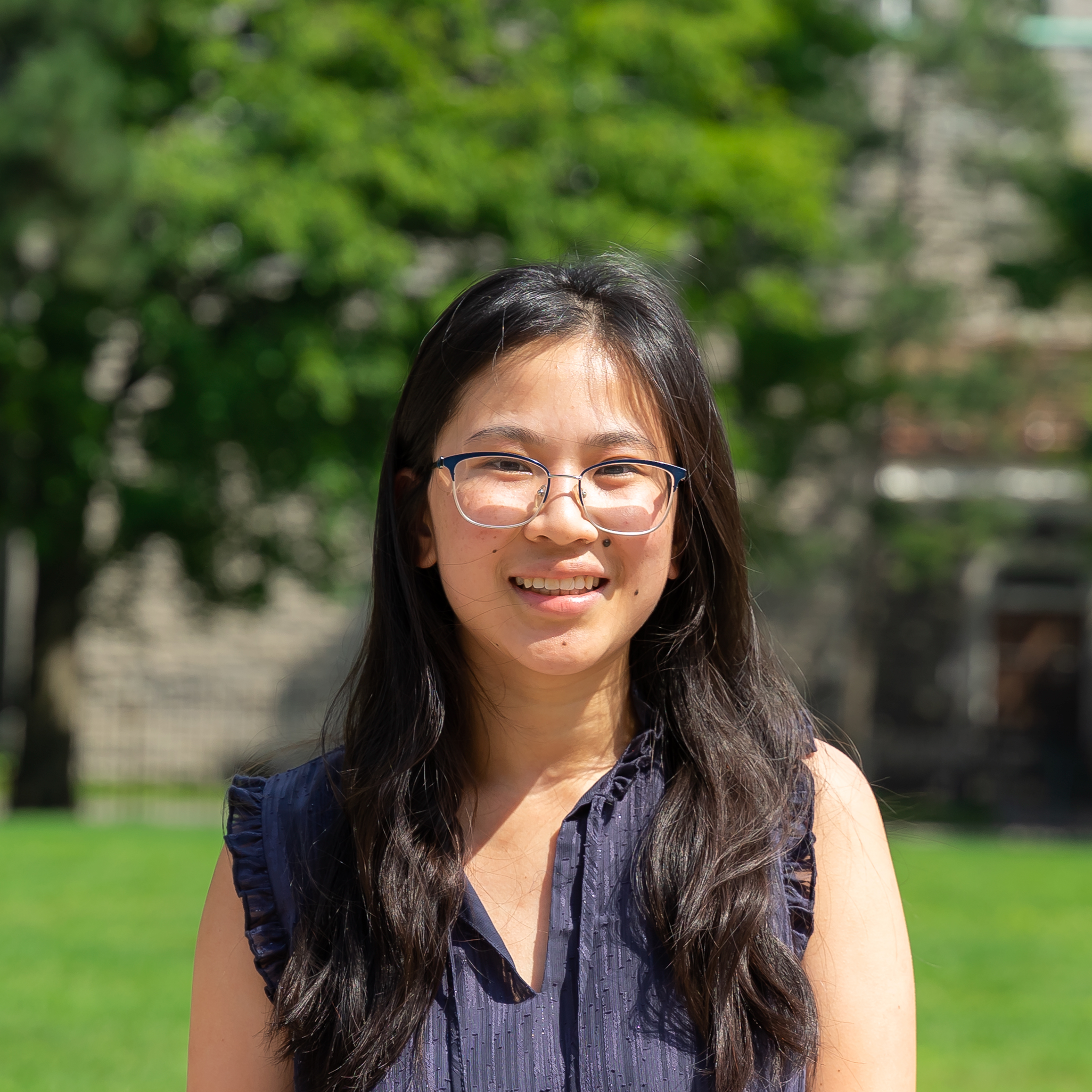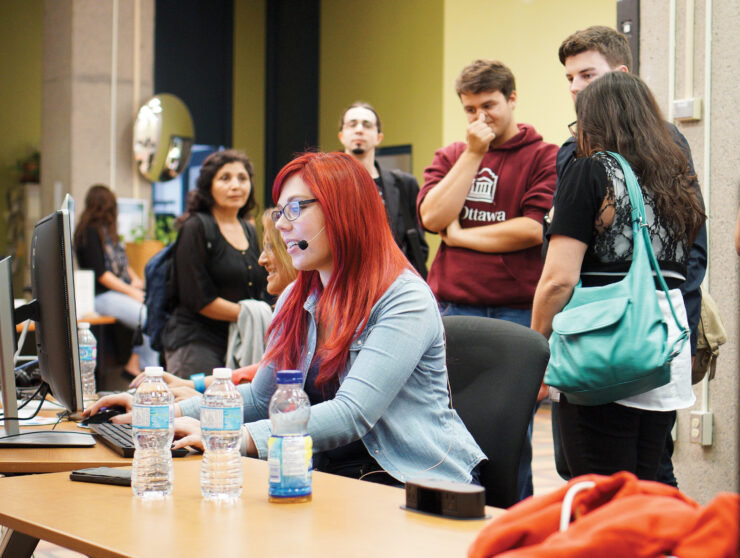U of O club donates medical equipment to those in need
What started as a U of O club called Medical Equipment Collection Foundation (MEC) has evolved into a not-for-profit organization known as Medical Equipment Redistribution Collaborative Initiative (MERCI). Despite the name change, both are dedicated to addressing the same issue: reducing the barrier that many people with a disability may face.
The organization was founded in 2016 by U of O alum Emma Grigor, who previously worked with children with physical disabilities.
“Medical equipment is simply an extension of people living with a physical disability that allows them to function in day-to-day life; as such, I feel it should be covered by our healthcare system and provided to everyone in need,” she told the Fulcrum.
Unfortunately, that is not the case and many cannot afford to pay hundreds, let alone thousands of dollars for medical equipment to assist their mobility.
Bryan Marr, a U of O biomedical student, worked as an equipment coordinator in 2018 and became an invaluable member of the team. Currently, Marr is the president of the uOttawa MEC chapter and is the current chair of MERCI’s Board of Directors.
“I had a lot of supportive guidance during the club’s starting phase from a social worker at the Ottawa Hospital rehab centre (Nathan Rusthoven) and a regional manager with the Spinal Cord Injury Association in Ottawa (Chris Bourne). They provided me with information on where we could find unused equipment donations,” Grigor stressed.
Donations
Typically, the club receives donations locally from people around the city with old or lightly used equipment which no longer serves a purpose. These often include wheelchairs, walkers, hospital beds, and other mobility devices. In addition, they may receive soft supplies such as syringes, bandages, etc.
We recognize that all people should be afforded equal access to medical equipment to ensure they can live with the best quality of life possible, irrespective of their background or socioeconomic status.
“We work with a lot of other organizations in Ottawa, like spinal cord injury, different occupational therapists, Embraer and other charities like that. And we serve as the link between donation and charity with people in need,” added Marr.
In addition to the Ottawa chapter, the club has expanded to Queen’s University, where they now operate a chapter. And they’re doing the same thing, they have individual donations, community partners, and different charities that they work with to get medical equipment to those in need.
In the future, they envision their initiative to be province-wide, and even nationwide down the road.
Becoming a non-profit
Although it may sound simple, becoming a not-for-profit organization is an extremely daunting task.
“It was a lot of late nights figuring out if that would even be useful for us and what it will allow us to do. We really wanted to do it because it would give us a little more opportunity to get grants and a level of seriousness [that] a student club may not be able to provide,” said Marr.
After reaching out to lawyers, eventually, Marr found a family friend who was kind enough to take on the project pro bono, which had been a dream/goal our club had been working towards for years.
What’s next for MERCI?
Moving forward the team is excited to “work with international partners, we’ve recently shipped medical equipment to Cuba and Syria. So we’re just starting now to think internationally, about what and how we can do that. It’s a new challenge for us because getting stuff actually shipped over there can be expensive if you’re doing it yourself,” said Marr.
“We need to find people to piggyback on who are already shipping things over and we can give medical equipment to. So it’s a logistics challenge. But we’re looking at it and like we’ve successfully donated stuff internationally a couple of times now. So that’s a new frontier for us, too,” he explained.
Grigor saw the potential to help those in need back in 2016. Since the beginning, the goal has always been to ensure everyone in need is able to freely access medical equipment. Both she and Marr are excited for the future of MERCI and MEC.









